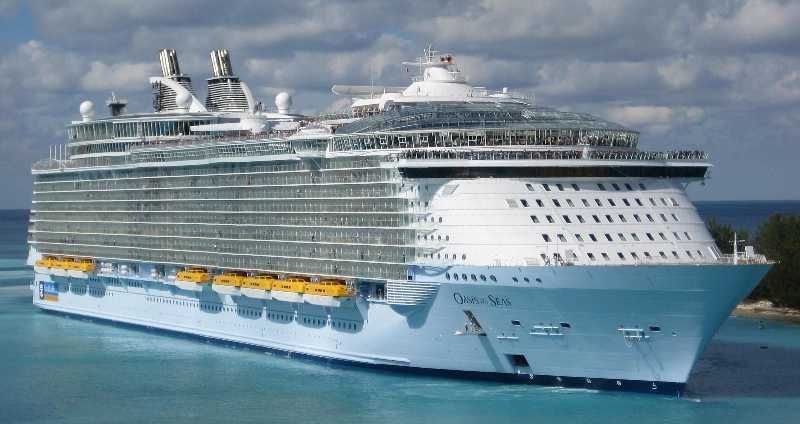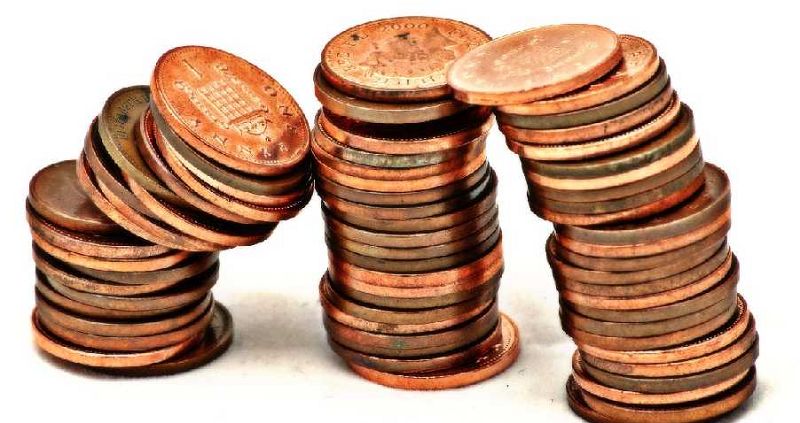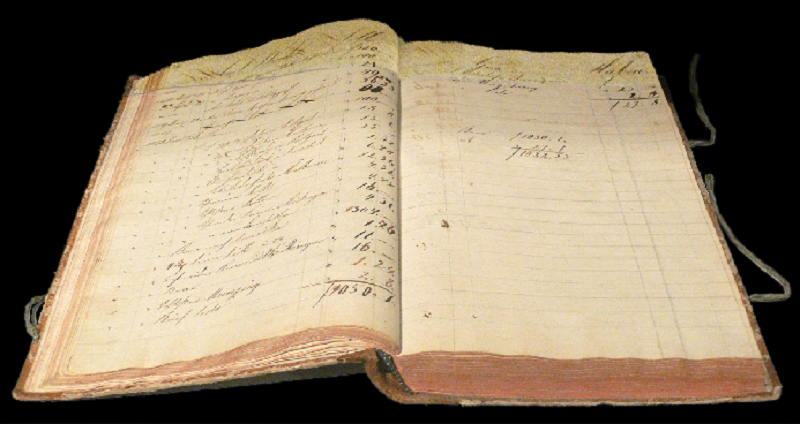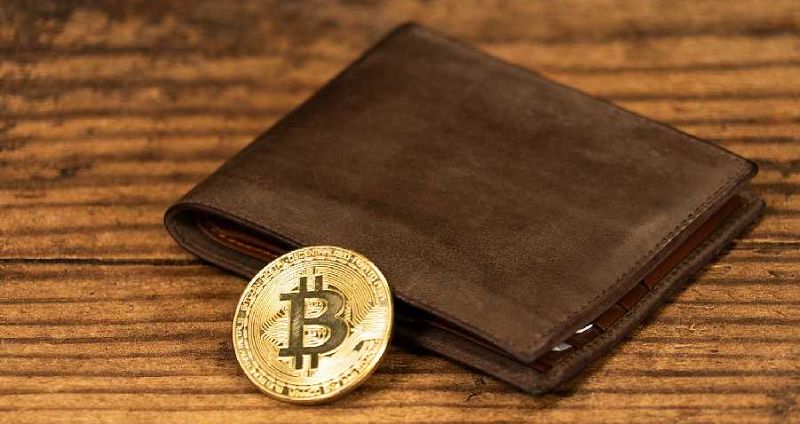How much do you know about Bitcoin?

Test Your Bitcoin Knowledge
Welcome to the Bitcoin Knowledge Quiz! This quiz is designed to test your understanding of Bitcoin, its technology, and its impact on the financial world. Whether you're a beginner or an expert, there are questions to challenge your knowledge.
- Learn about Bitcoin's energy use
- Test your knowledge of Bitcoin terminology
- Understand the mechanics of Bitcoin mining

Which statement about Bitcoin Energy use is untrue:
Worldwide Bitcoin energy use is more than a small country like Norway.
US Christmas lights use more electricity than a small country like El Salvador.
Bitcoin uses as much energy as the cruise industry.
The gold industry uses about twice as much energy as Bitcoin.
The banking industry uses 5 times as much energy as Bitcoin.
Internet pornography uses 7 times as much energy as Bitcoin.
In 2017, Newsweek projected that Bitcoin would consume all the world’s energy by 2020.
Bitcoin today uses about 0.1% of world energy.
Most of Bitcoin's energy use comes from the creation of new Bitcoin not in validating transactions.
All are true.
None are true.

There are 100 cents in 1 US Dollar. How many satoshis are there in 1 Bitcoin?
(Satoshis are the smalllest unit of measurement of Bitcoin)
10
100
1000
1 million
100 million

What is triple entry accounting? (Bitcoin is the first system to overcome the mathematical problems inherent in implementing triple entry accounting)
In triple entry accounting the accounting ledger has a third column that acts as a "check column".
Each accounting transaction is uploaded to another server and timestamped to prevent the original record from being overwritten.
In triple entry accounting, the accounting system is hosted by a trusted third-party such as a certified accounting firm to guarantee its safekeeping.
In triple entry accounting, each ledger has two carbon copies.

If you have a Bitcoin wallet, what does it contain?
Your Bitcoin
Your exchange login
Your private key (a password)
All of the above
None of the above
Which of the following is untrue about Bitcoin Money Laundering
Sensible criminals avoid using Bitcoin to launder money because Bitcoin makes a permanent record of their crimes and mirrors them on tens of thousands of computers around the world.
Early on, two FBI agents who stole money from the Silk Road were caught because even though they were able to cover their tracks by using their FBI agent status to request network operators to erase their logs, they couldn't alter the record of their crimes on the Bitcoin transaction log (blockchain).
Former Acting CIA Director Michael Morell has reported that the money laundering rate is much lower in Bitcoin than the traditional banking system and that if every criminal used Bitcoin, money laundering could be eliminated.
They are all true.
None are true.
What is the Double Spend Problem?
The Double spend problem involves preventing digital currency from being counterfeited (copied and spent more than once), which the creator of Bitcoin solved and patented before publishing a 2008 academic-style paper.
The Double spend problem was a long-standing digital-currency-related computer science problem for which the Gates foundation awarded a one million dollar software bounty.
The Double spend problem was a long-standing computer science problem described in the 1980 "Byzantine Generals Problem" paper which the Bitcoin creator solved, enabling the creation of of a decentralized digital currency system that does not require a trusted "middle-man".
All are true
None are true
What is the "cantillion effect"?
The "Cantillion effect" refers to the temporary increase in economic demand caused by consumers eager to spend their money now rather than have their purchasing power eroded by inflation.
The "Cantillion effect" refers to the inequality that arises when some people get preferred access to newly “printed” money. "Cantillionaires" are able to spend their money before prices have gone up.
The "Cantillion effect" refers to the benefit provided when one is able to capture wasted excess capacity (such as unused intermittent power from wind and solar).
The "Cantillion effect" refers to the backlash against establishment rhetoric when people scratch beneath shallow talking points.
What role does Bitcoin Mining serve in the Bitcoin network?
It is a way to validate transactions to prevent the type of counterfeiting that occurs through double spending.
It enables transactions to be validated without trusting a middle man.
It is a fairer way of chosing who gets first access to new money because their are no insiders (cantillionaires). Rather first access to newly issued money is done through a competitive process.
It can incentivize the financing renewable energy by monetizing "stranded" wind and solar power.
All of the above
None of the above
It is thought that money did not start out in its present form, but evolved over thousands of years in different societies.
According to William Stanley Jevons (1875) and Vijay Boyapati, in what order does money evolve?
Specify the proper order (like: egg > caterpillar > chrysalis > butterfly) using the following terms:
Unit of Account > Store of Value > Collectible > Medium of Exchange
Collectible > Store of Value > Medium of Exchange > Unit of Account
Medium of Exchange > Store of Value > Collectible > Unit of Account
Collectible > Medium of Exchange > Unit of Account > Store of Value
Anything could fun
Which of the following 8 traits of "ideal money" does water not have?
- (click multiple answers)
Durable
Portable
Fungible (undifferentiated, interchangeable)
Verifiable
Divisibile
Scarce
Established History
Censorship Resistant
Which of these are untrue:
Bitcoin is a public network. No one owns the Bitcoin Network, just like no one owns the Internet.
Credit Card transactions often cost 2.3% + 23 cents. Migrants can send Bitcoin to their home country for less than 1 penny whereas western union charges up to $45 internationally.
Anyone can view the complete log of onchain Bitcoin transactions by downloading them or visiting a public blockexplorer website.
If there are too many Bitcoin miners, the "difficulty adjustment" algorithm will make it more difficult to mine. If there are too few miners, it will make mining easier.
Before creating Bitcoin, its pseudonymous creator published the idea for Bitcoin in an academic-style paper in 2008, months before releasing the computer code.
The creator of Bitcoin gave away the computer source code for free as "open source".
All are true
All are false
Which of the following are untrue:
Bitcoin's price often fluctuates in reaction to the the supply of new Bitcoin being cut in half every four years (The Halving Cycle).
The difference between "hot" and "cold" wallets is "hot" wallets are connected to the internet but "cold" wallets are not.
Whereas the Reformation resulted in the "Separation of Church and State", Bitcoin proposes the "Separation of Money and State".
Another reason Bitcoin is revolutionary is because it does not need banks. It is possible for individuals to self-custody their Bitcoin soley with a private key, which is the equivalent of using a password to access a virtual bank in the "Cloud".
The 2018 Bitcoin "Civil War" was a dispute about whether the 21 million supply limit would be changed.
If you have ~430 GB of computer storage space, you can download all the onchain Bitcoin transactions by setting up a node.
All are true
All are false
You may have heard that some crypto-currencies (like Etherium) use less energy than Bitcoin because they don't do mining.
Some people argue that Bitcoin's "Proof of Work" should be avoided or banned in favor of "Proof of Stake".
Which of the following is NOT an advantage of Bitcoin’s “Proof of Work”?
Bitcoin has a more egalitarian form of validation: owning a lot of Bitcoin does not give you additional rights in deciding what transactions are approved in the validation process.
Bitcoin does not have a plutocratic form of governance: Wealthy Bitcoin owners do not have more influence in making/changing the rules.
Bitcoin enables more decentralization, preventing large institutions like Coinbase and other large institutions from gaining undue influence due to rewards they inherit from staking their customers' money.
Bitcoin's "proof of work" has a longer track record than “Proof of Stake” (earning greater trust)
Bitcoin holders can get an automatic dividend from “staking” their holdings.
�Proof of Work” miners can help incentivize grids that use renewable energy by providing a way to monetize intermittent sources like wind and solar.
Which of these are untrue:
Bitcoin is a public network. No one owns the Bitcoin Network, just like no one owns the Internet.
Credit Card transactions often cost 2.3% + 23 cents. Migrants can send Bitcoin to their home country for less than 1 penny whereas western union charges up to $45 internationally.
Anyone can view the complete log of onchain Bitcoin transactions by downloading them or visiting a public blockexplorer website.
If there are too many Bitcoin miners, the "difficulty adjustment" algorithm will make it more difficult to mine. If there are too few miners, it will make mining easier.
Before creating Bitcoin, its pseudonymous creator published the idea for Bitcoin in an academic-style paper in 2008, months before releasing the computer code.
The creator of Bitcoin gave away the computer source code for free as "open source".
Today people can only use the Bitcoin network for sending Bitcoin, but in the future the network could "Bitcoinize" the dollar, euro and other currencies, allowing people to send and receive money in a multitude of government currencies with very low fees.
All are true
All are false
Approximately how many transactions per second can each system handle?
Bitcoin’s main chain: 7 transactions/second
Federal Reserve Wire system: 10 transactions/second average
VISA: Tens of thousands transactions/second
The Bitcoin Lightning layer? 1 million transactions/second
All the above numbers are accurate
None are accurate
{"name":"How much do you know about Bitcoin?", "url":"https://www.quiz-maker.com/QPREVIEW","txt":"Welcome to the Bitcoin Knowledge Quiz! This quiz is designed to test your understanding of Bitcoin, its technology, and its impact on the financial world. Whether you're a beginner or an expert, there are questions to challenge your knowledge.Learn about Bitcoin's energy useTest your knowledge of Bitcoin terminologyUnderstand the mechanics of Bitcoin mining","img":"https:/images/course1.png"}
More Quizzes
Test your Blockchain and Crypto Knowledge!
10514
Quiz Time Crypto!
105143
SC Quiz | How well do you know Rohit Sharma
105185
***What in the World?" Weekly Quiz -- Jun 3-9, 2019***
1050
Warehouse Safety Questions and Answers - Free
201019707
Which The Nanny Character Are You? Free
201018152
Which Steven Universe Fusion Gem Are You? Free
201018080
Harvest - How Well Do You Know Fall Crops?
201017936
Which Massage Movement Uses Light, Gliding Strokes?
201021918
Video Game: Test Your Gaming Knowledge
201018529
Personal Grooming - Professional Image Essentials
201019527
Am I Catholic? - Free Self-Assessment
201017866